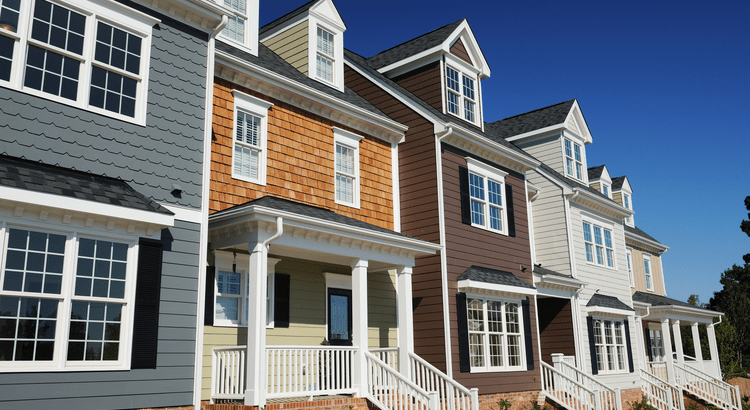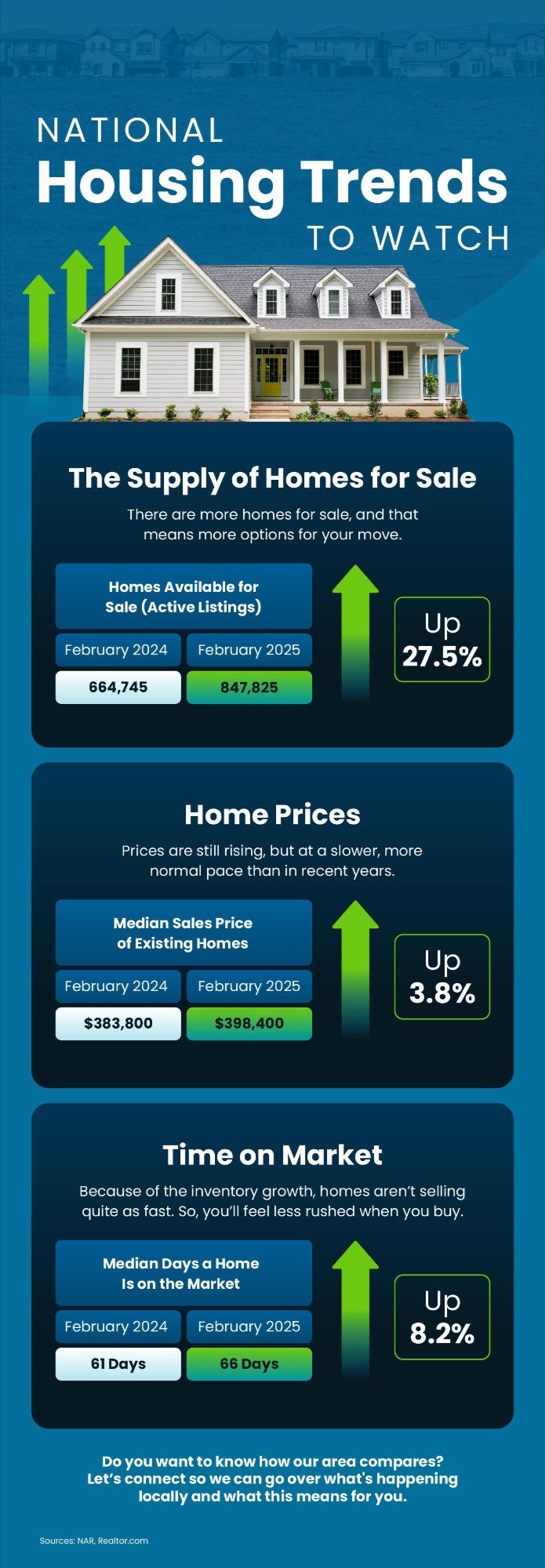Should You Sell Your House or Rent It Out?
Should You Sell Your House or Rent It Out?

When you're preparing to move, deciding what to do with your current house is a big choice. More homeowners today are considering renting out their property rather than selling it.
Recent data from Zillow reveals that about 66% of sellers thought about renting before listing their homes, with nearly 28% seriously considering it. This is up from 2021, when only 47% of homeowners thought about renting as an option. This shift shows that renting is becoming a more popular consideration.
So, should you sell your home to fund your next one, or keep it as a rental to build long-term wealth? Let’s go over some key questions to help you find the right approach for your financial and lifestyle goals.
Is Your House a Good Fit for Renting?
Before making a decision, it’s essential to assess whether your property would work well as a rental. For example, if you’re relocating to a distant area, handling maintenance from afar could be a significant challenge. Additionally, consider whether your neighborhood is suited for rental demand and if your home requires any major repairs to be tenant-ready.
If any of these factors apply, selling might be the simpler and more practical option.
Are You Ready for the Realities of Being a Landlord?
Managing a rental property goes beyond just collecting rent each month—it requires a considerable commitment of time and effort.
You might receive maintenance requests at any time or need to address property damage before new tenants move in. Plus, there's always the possibility of missed rent payments or lease violations, which can bring unexpected stress and financial strain. As Redfin highlights:
“Landlords have to fix things like broken pipes, defunct HVAC systems, and structural damage, among other essential repairs. If you don't have a few thousand dollars on hand to take care of these repairs, you could end up in a bind.”
Do You Understand the Costs?
If your main reason for renting is to generate passive income, it’s important to be aware of additional costs that may arise. As outlined by Bankrate:
Mortgage and Property Taxes: You still need to pay these expenses, even if the rent doesn’t cover all of it.
Insurance: Landlord insurance typically costs about 25% more than regular home insurance, and it’s necessary to cover damages and injuries.
Maintenance and Repairs: Plan to spend at least 1% of the home’s value annually, more if the house is older.
Finding a Tenant: This involves advertising costs and potentially paying for background checks.
Vacancies: If the property sits empty between tenants, you’ll lose rental income and have to cover the cost of the mortgage until you find a new tenant.
Management and HOA Fees: A property manager can ease the burden, but typically charges about 10% of the rent. HOA fees are an additional cost too, if applicable.
Bottom Line
Ultimately, deciding whether to sell or rent out your home is a personal choice. Let’s connect so you can feel confident and well-informed as you weigh your options with the guidance of a real estate professional.
Categories
Recent Posts










